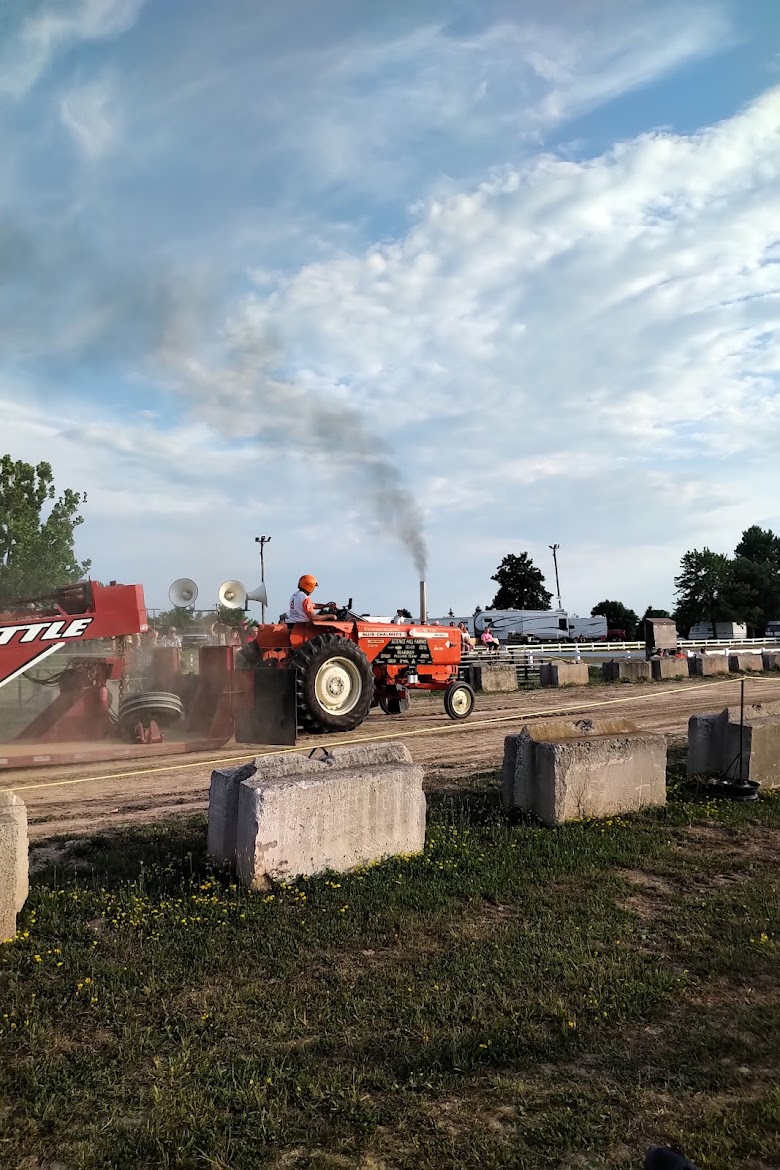 The National Energy Board (NEB) has recently issued a stop work and compliance order to Enbridge Pipelines Inc. in connection with Enbridge's Line 3 Replacement project on a Manitoba farm property. The Line 3 project is similar to the Line 6 replacements that took place in Michigan following the Marshall, MI rupture a few years ago - Enbridge leaves a rotting pipeline in place and takes more land to build a new line nearby.
The National Energy Board (NEB) has recently issued a stop work and compliance order to Enbridge Pipelines Inc. in connection with Enbridge's Line 3 Replacement project on a Manitoba farm property. The Line 3 project is similar to the Line 6 replacements that took place in Michigan following the Marshall, MI rupture a few years ago - Enbridge leaves a rotting pipeline in place and takes more land to build a new line nearby. In this case, Enbridge was not able to obtain the land it needed from the landowner by agreement. Enbridge then turned to the NEB for the right to take the land it needed for its new pipeline. In fact, Enbridge appears to have made 25 applications for right of entry to the NEB, all of which were granted in spite of objections by many affected landowners. The bases for the landowner objections included the fact that Enbridge had failed to negotiate a construction agreement with the landowners that would protect the integrity of the lands affected by the project.
The result? A complete mess has been made of at least one of the properties involved in the project and it remains to be seen whether the NEB's order will make any difference for future projects. Will the NEB rethink its relationship with companies like Enbridge? Will the NEB be as quick to grant land rights to pipeline companies where they have failed to agree on environmental protection measures with landowners?
